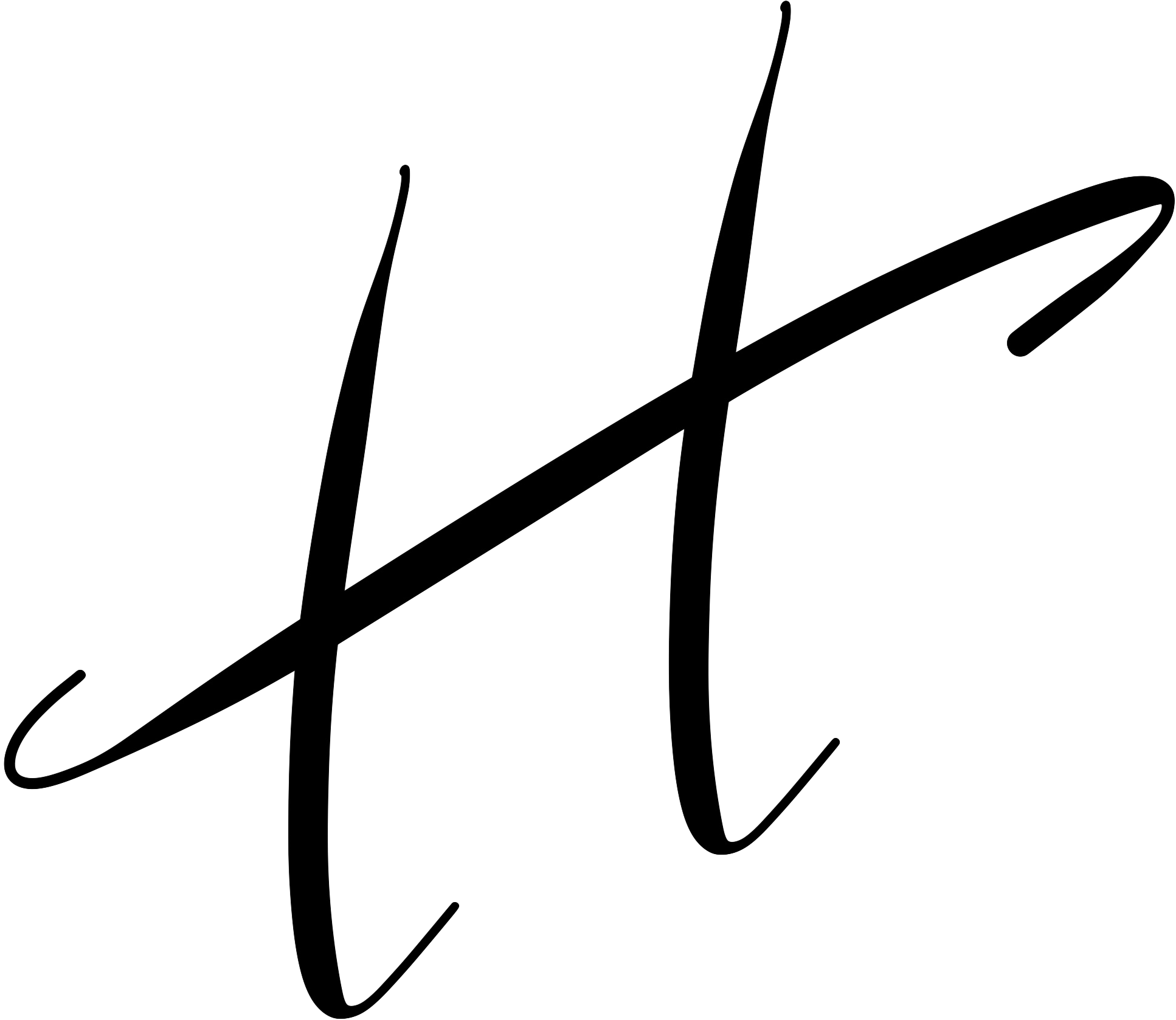Teach Yourself Data Science
Here is my guide on moving into data science from non-traditional degrees with the best resources.
This guide answers these frequently asked questions.
- What do data scientists do?
- How to learn data science? (Lesson Guide)
- How to get into data science? (Interview Guide)
- How to get mentorship in data science?
Video
Here is the live stream of the event ‘From Engineering to Data Science’ attended by students from NTU, SG.
Lesson Guide
Step 1: Programming and Data Processing
Learning objectives:
- Basic SQL
- Basic Python / R
- Basic data wrangling and visualization packages in python (pandas, matplotlib) or R (ggplot and tidyverse)
- Data reporting (Tableau / Google Data Studio / other dashboarding tools)
- Machine learning (without the math) - optional
Curriculum explainer: How to Learn Data Science - SQL, Python, R, Data Viz
Classes recommended:
- Pick ONE from ‘Topic 1’, ‘Topic 2’, and ‘Topic 3’ each, OR
- Pick ONE from ‘Combination of Topic 1 and 2’, and ‘Topic 3’
Step 2: Introduction to Mathematics, Probability, Statistics, Machine Learning
Learning objectives:
- Pre-college Level Statistics and Probability
- Pre-college level math (linear algebra / single variable calculus)
- Machine learning (with a lot of math)
- Intermediate SQL
- Make your very own data science project
Curriculum explainer:
- How to Learn Data Science - Machine Learning
- How to Learn Data Science - Probability and Statistics
- Your First Data Science Project
Classes recommended:
Shaded in gray: highly recommended by author
Tip #2: Once you have your very own data science project, you are generally ready to start going for data analytics / science interviews. Congratulations for making it here!
Step 3: Intermediate Mathematics, Probability, Statistics, Machine Learning
Learning objectives:
- Specialize in a particular topic in machine learning or statistics that is relevant to your industry.
Curriculum explainer (Same as above)
- How to Learn Data Science - Machine Learning
- How to Learn Data Science - Probability and Statistics
- Your First Data Science Project
Classes recommended:
Shaded in gray: highly recommended by author
Congratulations! You’re on track to get your first interview. Do contact me if you have any questions about the curriculum or doubts about how to prepare for the interview.
